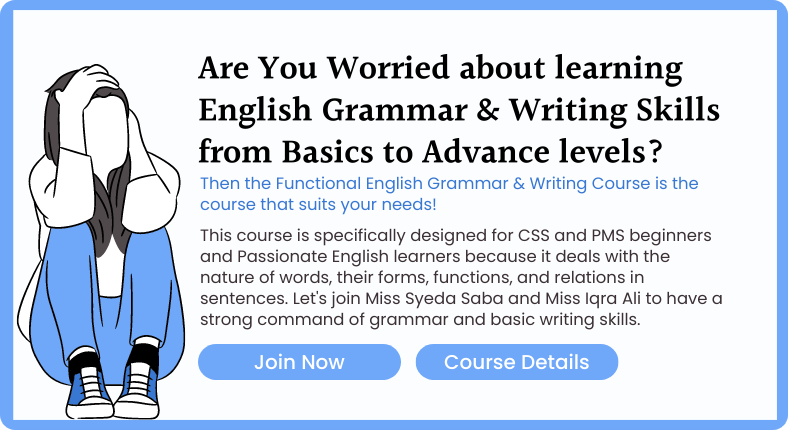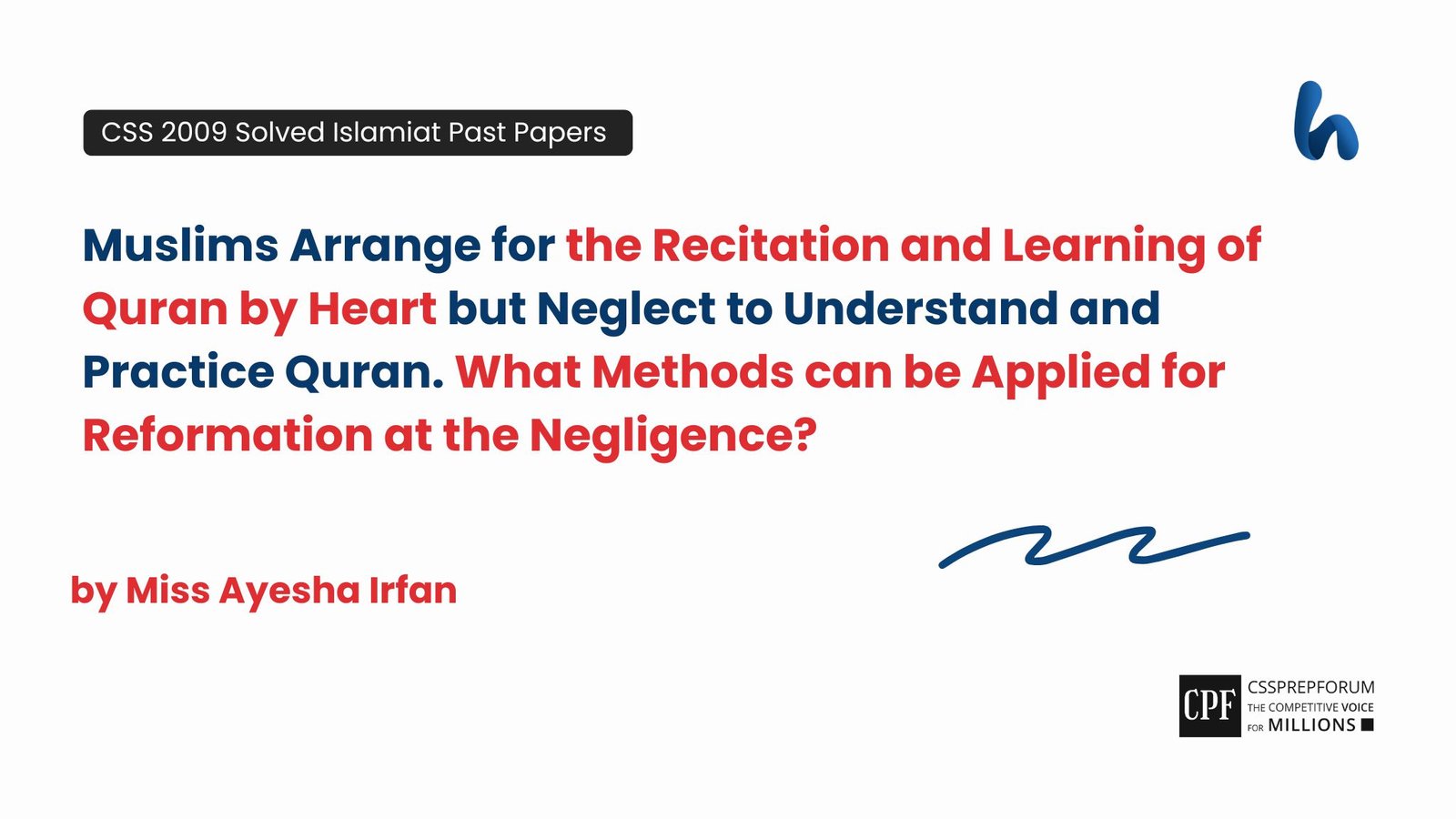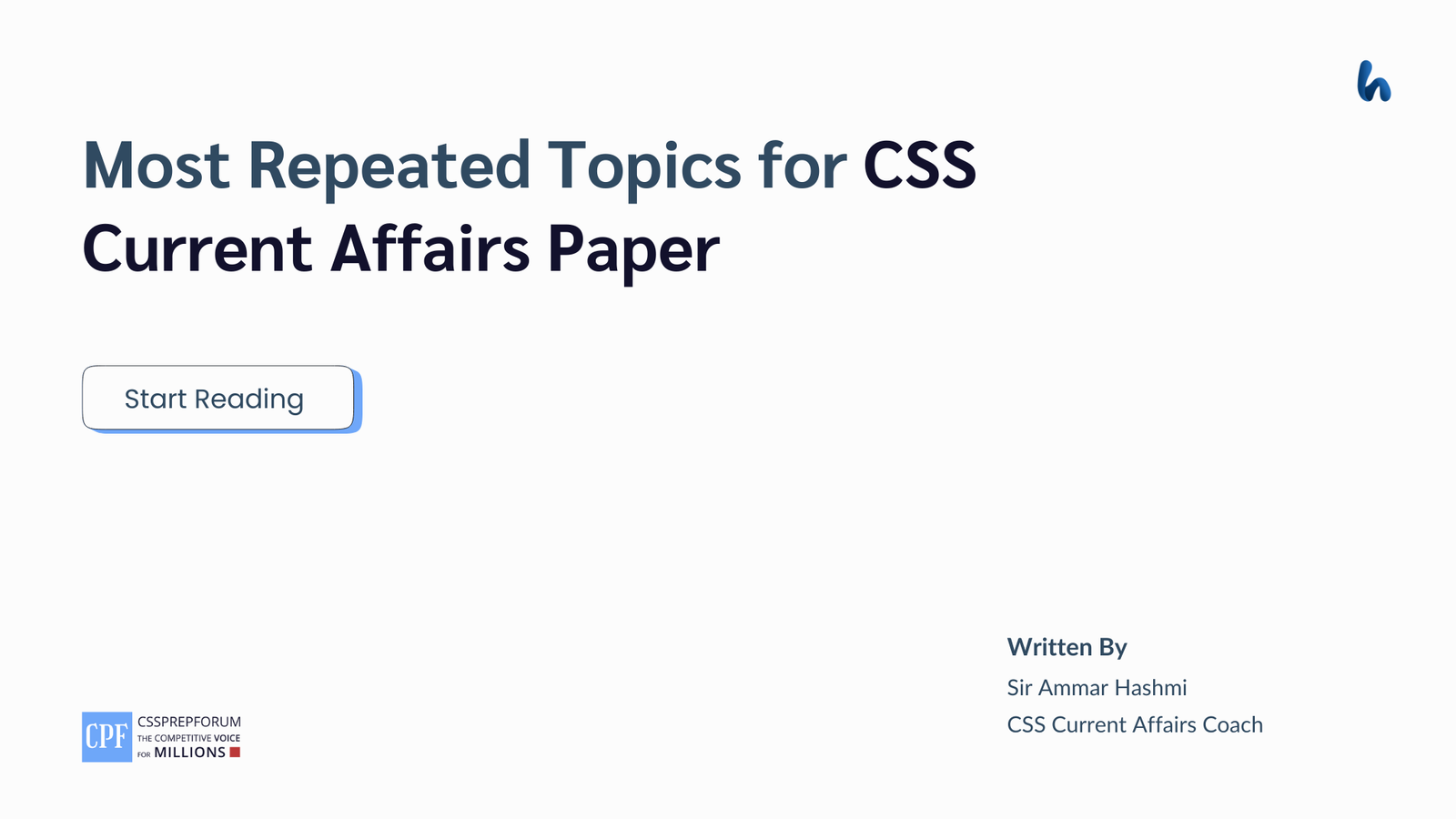Let’s learn the uses of “Used To” in English written communication. In this article, Sir Syed Kazim Ali, the best CSS English teacher in Pakistan, has explained how to use expressions, such as “Used To”, “Be Used To”, “Will Be Used To”, and “Get Used To”, and their proper usage by dozens of examples. Most non-native students don’t know their appropriate usage and commit mistakes while using them in sentences.
How to use the expressions USED TO / WOULD / BE USED TO + Present Participle (4th Form of the Verb)
The Usage of “USED TO”:
The expression “Used To” is one of the most incomprehensible expressions. Most non-native don’t understand its usage in a sentence while writing formally. I have explained the usage of the expression in detail hereunder.
The First Use of “USED TO”:
We use the expression “Used To” when we want to talk about our PAST “Habits” or “Repeated” actions, which we don’t do in the present.
Examples:
- Muthar used to smoke, but now he doesn’t do/smoke.
- There used to be a house on that corner.
- I used to live in London, but now I live in Pakistan.
- She used to like when I was preparing for the CSS exam.
- I never used to smoke like chain smokers.
- Ambar used to go on holiday to New York every year, but she doesn’t now.
- My cousin used to play cricket for Pakistan, but he is too old now.
- My friend and I did use to go to the game on Sunday.
- Alia used to drink tea every morning, but now she drinks milk.
- He used to drive the car fast, for he had to drop his wife at the bus station daily.
- I and my wife, who is my cousin, used to visit the countryside every Sunday when we were kids.
- Before the launch of Howfiv website in Pakistan, academy mafia used to trap millions of candidates, through Facebook pages and groups, Instagram profiles, and YouTube channels, in the name of One Paper Exam preparation.
- The recent reports reveal that the former Prime Minister of the country used to eat a lot.
- Highly advertised academies and qualifiers used to exploit competitive aspirants psychologically and financially; however, now the aspirants know that only experienced teachers, not the qualifiers, can help them qualify for the CSS and PMS exams.
To make Negative Sentences, we use the following structure:
Subject + Didn’t + Use + To + V (1st) + Other Elements
- I didn’t use to smoke.
- She didn’t use to live in London.
In order to make Interrogative Sentences, we use the following structure:
Did + Subject + Use + To + V (1st) + Other Elements?
- Did she use to live in London?
- Did they use to go on holiday to New York every year?

Difference Between “USE” and “USED TO”:
USE:
The word “USE” is a verb. It can also appear before the preposition “TO”, but “USE TO” is not the synonym of “USED TO”.
- There is no use of this computer.
- I could use the help in case of emergency.
- How do you use it?
- What does she use to decorate cookies? (Prepositional Phrase)
- Chocolates are used to decorate cookies. (Passive Voice)
In the 5th sentence, we have used the word “USED”, but it is a past participle (3rd form of the verb) – not the expression “USED TO”.
USED TO:
Whereas, “USED TO” is an expression that is used to talk about our past habits and repeated actions that we don’t have or do now.
The Second Use of “Used To”:
We also use the expression “Used To” when we want to talk about the PAST “Situations”, “State” or “State of Being”, which are no longer “True” or “Exist”.
Examples:
- My sister used to have long hair, but now she has short hair. (No longer exist or true now)
- When I was young, I used to have an iPhone. (No longer exist or true now)
- The house, which is located at the corner of the street, used to belong to my wife. (No longer exist or true now)

How can we use the modal verb “WOULD” in place of the expression “Used To”?
If we are talking about our past repeated actions or habits, we can use either “Used To” or “Would”. In this case, both have the same meaning. But always remember, we don’t use “Would” in place of “Used To” when we want to talk about “States” in the past.
Examples:
- She used to drink tea every morning.
- She would drink tea every morning.
- He used to do exercise daily before work.
- He would do exercise daily before work.
- When I lived in London, I used to go to KFC near to my office.
- When I lived in London, I would go to KFC near to my office.
She would have long hair, but now she has short hair.(Incorrect)
She used to have long hair, but now she has short hair. (Correct)The house, which is located at the corner of the street, would belong to my wife.The house, which is located at the corner of the street, used to belong to my wife.
Important Points:
Always remember, the state verbs always tell us a state or state of being, not the actions. So, it is grammatically incorrect to use “WOULD” with state verbs because they don’t describe actions.
State Verbs:
Have, Own, Possess, Consist, Involve, Include, Sound, Hear, Smell, See, Look, Taste, Touch, Mind, Feel, Care, Prefer, Adore, Hate, Love, Like, Dislike, Need, Desire, Wish, Hope, Value, Know, Believe, Doubt, Think, Suppose, Recognize, Consider, Forget, Remember, Disagree, Deny, Promise, Realize, Astonish, Cost, Owe, Seem, Depend, Weigh, Measure, etc.
The castle would be a school, but it is a restaurant now.(Situation/State)
The castle used to be a school, but it is a restaurant now. (Situation/State)
He would believe in many gods, but now he believes in the oneness of God.
He used to believe in many gods, but now he believes in the oneness of God.
She would doubt David before marrying him.
She used to doubt David before marrying him.

The Uses of “Be Used To + Noun” and “Be Used To + Present Participle (4th form of the Verb)
To help students understand the concepts thoroughly, I have explained each of the concepts in 2 steps.
1- Be Used To + Present Participle (4th form of the Verb): (Be Used to Doing Something)
- We use “Be Used To + Verb-ing” to talk about places, activities or routines that we are familiar with or habituated or accustomed to.
- We use the structure/expression to talk about Present and Past.
- Is/am/are/was/were + used to always take present participle (Not the 1st form of the verb).
The structure is the following:
Subject + Is/Am/Are/Was/Were Used To + Present Participle + Other Elements
Examples:
Badar is/was used to study English grammar daily.
Badar is/was used to studying English grammar daily.
I am/was used to help my wife in washing clothes.
I am/was used to helping my wife in washing clothes.
They are/were used to drive the car fast.
They are/were used to driving the car fast.
He is used to get up early in the morning, so he doesn’t mind doing it.
He is used to getting up early in the morning, so he doesn’t mind doing it.
I am used to get up late, so I will not mind helping you fix the tap.
I am used to getting up late, so I will not mind helping you fix the tap.
Important Points:
Never say, I use to study stories. Always say, I am used to studying stories.
The expression “Used To” doesn’t exist in the English language. Most non-native students write it to talk about present habits and repeated actions. Always remember, whenever you want to talk about present habits or repeated actions, you have to use “Is/Am/Are Used To”.
I am used to travelling by car. (Not – used to travel)
She is used to slapping her younger brothers. (Not – use to slap)
They are used to flying kites. (Not – used to fly)
2- Be Used To + Noun: (Be Used to Something)
- We use the structure “Be Used To + Noun” to talk about our present or past habits or states.
- When we want to talk about familiarity, we use the structure “Be Used To + Present Participle (4th form of the Verb)”. Whereas, when we want to talk about our habits and state, we use the structure “Be Used To + Noun”.
Examples:
- I am/was used to home chores. (Home chores are/was normal for me)
- I am/was used to rain. (Rain is/was normal for me)
- She is/was used to disappointment. (Disappointment is/was normal for her)
- My wife and I are/were used to gardening. (Gardening is/was our habit)
- You are/were used to Anam’s jokes. (Anum’s jokes were normal for you)
- He is/was not used to hard work.
- Are/Were you used to KFC?
- When I lived in South Africa, I was used to hot weather.
- They have been used to snakes for a long time.
- She has been used to loneliness for years.
- Ali has not been used to loneliness for years.
- Has Ali been used to loneliness for years?
- Has Ali not been used to loneliness for years?
- Why has Ali been used to loneliness for years?
- They had been used to hot weather before they moved to Pakistan.
- They had not been used to hot weather before they moved to Pakistan.
- Had they been used to hot weather before they moved to Pakistan?
- Where had they been used to hot weather before they moved to Pakistan?
- We have lived in Germany for almost all of our life, so we are used to raining.
- India’s cricket team always lose, so Indians are used to disappointment.
- India still uses aggression against Kashmiris, so Kashmiris are used to Indian violence.
The Uses of “Will Be Used To”:
We use the expression “Will Be Used To” for future tense when we want to talk about routines, places, or activities that we will be familiar with or accustom to.
Examples:
- She will soon be used to living alone.
- You will soon be used to driving on the main road when you learn how to drive safely.
- If you listen to my lectures carefully, you will soon be used to confidently giving your thoughts words.
The uses of “Get Used To”:
We use the structure “Get Used To + Verb-ing” to talk about the change in life, situation, or condition – from abnormal to normal. We use this structure in any tense.
- Don’t worry, if you cannot write your viewpoints well on a given topic, you will get used to writing them correctly if you get your write-ups evaluated daily.
- It takes an aspirants 4 to 5 months to get used to writing grammatically correct.
- It will take you a few months to get used to living peacefully with your husband.
- I couldn’t learn the proper English language, so I got used to committing a lot of grammatical mistakes while attempting an essay paper.
- Before learning and practising the English language to the advanced level, I got used to using inappropriate vocabulary; thus, I couldn’t qualify for the CSS exam.
Share this article to all of your friends who love learning creative writing and help them write grammatically correct.
The article is written by Sir Syed Kazim Ali, the best English teacher in Pakistan. Because of his unique coaching style, Sir Kazim is known among all qualified and passionate competitive aspirants. He is capable enough of letting his students learn and have complete command over writing skills within months. He earned his repute among GRE, GAT, GMAT, IELTS, and Creative Writing students across the world by introducing a new style of providing coaching. CSSPrepForum has requested him to write to know Pakistani competitive students how to give their opinions grammatically correct, in exams.
At CSSPrepForum, many famous writers, lecturers, and aspirants get their write-ups published daily, and we upload CSS solved papers, CSS Solved essays, Solved Past Papers of FPSC, PPSC, NTS, and all other competitive exams, and current affairs blogs daily. Let’s connect us and get an instant update and notification through
Facebook | Twitter | Instagram
CSS 2022 Solved Pakistan Affairs Past Papers
The following are the CSS 2022 Pakistan Affairs solved past papers questions. These questions have been evaluated and checked by Pakistan’s top Pakistan Affairs and Current Affairs coaches, who are either lecturers or officers and scored the highest marks in this paper. They include Miss Saba Baloch (CSS-2021), Miss Aimeen Mirza (CSS 2018), Miss Nirmal Hasni (DD NAB), Sir Rameez Ch. (Lecturer & Deputy Director), and Miss Zaineb Azam (the highest scorer – 76). Moreover, these questions have been attempted on the same pattern taught by Sir Syed Kazim Ali to his students who have been scoring the highest marks for years.
CSS 2021 Solved Pakistan Affairs Questions

More Essays
- Meaning Purposive Education
- Bureaucracy Doldrums
- Is Gender Equality a Myth?
- Pros and Cons of Globalization for Pakistan
- Islamophobia: Causes and Consequences
- Artificial intelligence: Its Merits and Demerits
- IMF Bailouts: Roads to Stability or Recipes for Disaster
- Can Foreign Aid Help A Country Achieve Economic Stability?
- Consequences of American Withdrawal from Afghanistan on South Asia
- Money And Success Do Not Change People; They Merely Amplify What Is Already There
- Almost Always, The Creative, Dedicated Minority Has Made The World Better












